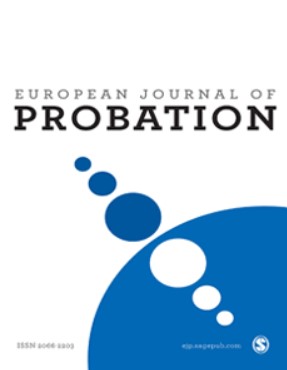Judicial Rehabilitation? A view from England
Judicial Rehabilitation? A view from England
Author(s): Nicky PadfieldSubject(s): Criminal Law, Human Rights and Humanitarian Law, Comparative politics, Criminology, Penology, Penal Policy
Published by: SAGE Publications Ltd
Keywords: Criminal records; Rehabilitation of offenders; Public protection;
Summary/Abstract: Criminal records in England are maintained by the police, and there is no possibility of ‘judicial rehabilitation’, in the narrow sense of a judicial decision which authorizes the wiping clean of the record. However, the law is complex. The Rehabilitation of Offenders Act 1974, was designed, as the name suggests, to help in the rehabilitation of offenders by penalizing the unauthorized disclosure of their previous conviction(s) after a period without further conviction. An offender becomes rehabilitated and the conviction is ‘spent’. However, the public protection agenda of recent years has resulted in the expansion of numerous exceptions to this law. Many organizations have access to the data held by the police, and individuals can be asked to provide a criminal record certificate (to potential employers). This paper explores these exceptions, and some recent court decisions which seek to balance the conflicting human rights and interests apparent in this area. It concludes, perhaps optimistically, that it is possible to see the potential for judicial rehabilitation in a looser sense, and even for redemptive rituals (see Maruna and LeBel, 2003), in English courts. However, at this moment any likelihood of a formal process of judicial rehabilitation, in the sense of record erasure, seems inconceivable.
Journal: European Journal of Probation
- Issue Year: 3/2011
- Issue No: 1
- Page Range: 36-49
- Page Count: 14
- Language: English
- Content File-PDF

